Let go and let entropy. ,🌌
- 10 Posts
- 9 Comments

 12·1 year ago
12·1 year agoFull article
Both expelled members of ‘Tennessee Three’ win back their state House seats
By KIMBERLEE KRUESI Updated 9:27 PM EDT, August 3, 2023
NASHVILLE, Tenn. (AP) — Tennessee Reps. Justin Pearson and Justin Jones, who became Democratic heroes as members of the “Tennessee Three,” reclaimed their legislative seats Thursday after they were expelled for involvement in a gun control protest on the House floor.
The young Black lawmakers were reinstated by local officials after being booted from the GOP-dominated Statehouse, but only on an interim basis. They advanced Thursday through a special election to fully reclaim their positions. Both faced opponents in districts that heavily favor Democrats.
Jones, who lives in Nashville, was up against Republican candidate Laura Nelson. Meanwhile, Pearson, from Memphis, faced independent candidate Jeff Johnston.
“Let’s send a clear message to everyone who thought they could silence the voice of District 86,” Pearson tweeted earlier this month. “You can’t expel a movement!”
Thursday’s election came as lawmakers are preparing to return to Nashville later this month for a special session to address possibly changing the state’s gun control laws. While Jones and Pearson’s reelection to their old posts won’t make a significant dent to the Republican supermajority inside the Legislature, they are expected to push back heavily against some of their GOP colleagues’ policies.
Jones and Pearson were elected to the Statehouse last year. Both lawmakers flew relatively under the radar, even as they criticized their Republican colleagues’ policies. It wasn’t until this spring that their political careers received a boost when they joined fellow Democrat Rep. Gloria Johnson in a protest for more gun control on the House floor.
The demonstration took place just days after a fatal shooting in Nashville at a private Christian school where a shooter killed three children and three adults. As thousands of protesters flooded the Capitol building to demand that the Republican supermajority enact some sort of restrictions on firearms, the three lawmakers approached the front of the House chamber with a bullhorn, and joined the protesters’ chants and cries for action.
Republican lawmakers quickly declared that their actions violated House rules and moved to expel their three colleagues — an extraordinary move that’s been taken only a handful of times since the Civil War.
The move briefly left about 140,000 voters in primarily Black districts in Nashville and Memphis with no representation in the Tennessee House.
Ultimately, Johnson, who is white, narrowly avoided expulsion while Pearson and Jones were booted by the predominantly white GOP caucus.
House Republican leaders have repeatedly denied that race was a factor in the expulsion hearings. Democrats have disagreed, with Johnson countering that the only reason that she wasn’t expelled was due to her being white.
The expulsions drew national support for the newly dubbed “Tennessee Three,” especially for Pearson and Jones’ campaign fundraising. The two raised more than $2 million combined through about 70,400 campaign donations from across the country. The amount is well beyond the norm for Tennessee’s Republican legislative leaders and virtually unheard of for two freshman Democrats in a superminority.
Meanwhile, more than 15 Republican lawmakers had funneled cash to fund campaign efforts of Jones’ Republican opponent, Nelson. Nelson has raised more than $34,000 for the race. Pearson’s opponent, Johnston, raised less than $400 for the contest.

 10·1 year ago
10·1 year agoWell, this (type of) bot is certainly helpful. It’s good to see things maturing here on Lemmy.

 9·1 year ago
9·1 year agoHOLY FLYING SPAGHETTI MONSTER! This is the first time I’ve seen the autotldr bot on Lemmy!
Is there a way we can trigger this manually?

 1·1 year ago
1·1 year agosighs
Exactly.

 17·1 year ago
17·1 year agoFull article
Hops for beer flourish under solar panels. They’re not the only crop thriving in the shade. | AP News MATTHIAS SCHRADER, DANA BELTAJI 7 - 9 minutes
Published 1:57 PM EDT, July 21, 2023
AU in der HALLERTAU, Germany (AP) — Bright green vines snake upwards 20 feet (six meters) toward an umbrella of solar panels at Josef Wimmer’s farm in Bavaria.
He grows hops, used to make beer, and in recent years has also been generating electricity, with solar panels sprawled across 1.3 hectares (32 acres) of his land in the small hop-making town of Au in der Hallertau, an hour north of Munich in southern Germany.
The pilot project — a collaboration between Wimmer and local solar technology company Hallertauer Handelshaus — was set up in the fall of last year. The electricity made at this farm can power around 250 households, and the hops get shade they’ll need more often as climate change turbocharges summer heat. This photograph provided by William Collins shows the string bean fields that were decimated at his farm’s fields by flood waters about a week earlier at Fair Weather Growers, Sunday July 16, 2023, in Rocky Hill, Conn. Prior to the flooding, the fields were thriving. When devastating rains swept through the region, farmers in the Northeast were dealt a devastating blow at the worst possible time. (William Collins photo via AP)
When rains swept through the Northeast, farmers in the region were dealt a devastating blow at the worst possible time. FILE - An employee of the Romanian grain handling operator Comvex oversees the unloading of Ukrainian cereals from a barge in the Black Sea port of Constanta, Romania, on June 21, 2022. Five European Union countries will extend their ban on Ukrainian grain to protect their farmers’ interests. But agriculture ministers from Poland, Slovakia, Hungary, Bulgaria and Romania said Wednesday, July 19, 2023 that food can still move through their land to parts of the world in need after Russia pulled out of a deal allowing Black Sea shipments. (AP Photo/Vadim Ghirda, File)
Five European Union countries will extend their ban on Ukrainian grain to protect their farmers’ interests. A man displays imported and local grain in Dawanau International Market in Kano Nigeria, Friday, July 14, 2023. Nigeria introduced programs before and during Russia’s war in Ukraine to make Africa’s largest economy self-reliant in wheat production. But climate fallout and insecurity in the northern part of the country where grains are largely grown has hindered the effort. (AP Photo/Sunday Alamba)
Nigeria is trying to make Africa’s largest economy reliant on its own wheat production. But climate change and violence in the northern part of the country, where grains are largely grown, have hindered these efforts. This photo taken from video released by Russian Defense Ministry Press Service on Wednesday, July 19, 2023, shows two Russian 152 mm self-propelled howitzers fire toward Ukrainian positions at an undisclosed location. (Russian Defense Ministry Press Service via AP)
Russia unleashed intense overnight drone and missile attacks that officials said damaged critical port infrastructure in southern Ukraine, including grain and oil terminals, and wounded at least 12 people.
Solar panels atop crops has been gaining traction in recent years as incentives and demand for clean energy skyrocket. Researchers look into making the best use of agricultural land, and farmers seek ways to shield their crops from blistering heat, keep in moisture and potentially increase yields. The team in Germany says its effort is the first agrivoltaic project that’s solely focused on hops, but projects have sprouted around the world in several countries for a variety of grains, fruits and vegetables.
Beer-making hops can suffer if exposed to too much sun, said Bernhard Gruber, who’s managing the project’s solar component — and since there were already solar installations on the farm, it made sense to give them a second purpose by mounting them on poles above the crops.
In addition to shielding plants from solar stress, the shade could mean “water from precipitation lasts longer, leaving more in the soil” and that “the hops stay healthier and are less susceptible to diseases,” Gruber said. A scientific analysis of the benefits for the plants will be concluded in October.
The farm is working with researchers to understand how to get the balance right, so the hops get enough shade and sunlight for the best harvests each year.
In the U.K., where weather is also getting hotter and more variable, a team of researchers is looking at how to retrofit solar panels onto greenhouses or polytunnels — frames covered in plastic where crops grow underneath — with semi-transparent or transparent installations.
“You can get your renewables from the land that you do have covered and you don’t need to do these massive solar arrays on good agricultural land, which is what you’ve tended to see around to date,” said Elinor Thompson, a reader at Greenwich University who’s leading the research.
Thompson, a plant biologist, and her team are working with a fruit farm in Kent in southern England to make sure the plants also get the best out of solar structures.
“Nobody can afford to lose crop, especially in current conditions,” she said. “We are assuming that British summers are going to get hotter, we have a problem with water shortages, we need to be efficient in all parts of agriculture.”
Having shade where it’s useful and monitoring the effects of different arrangements of solar panels on a variety of crops will help the world prepare for a more climate-variable future, Thompson said.
In East Africa, which has suffered from a long and punishing drought that scientists said was worsened by human-caused climate change, solar panels can also help keep moisture in plants and soil and reduce the amount of water needed, said Richard Randle-Boggis, a research associate at the University of Sheffield who’s developing two agrivoltaic systems in Kenya and Tanzania.
Randle-Boggis said the systems can be used for “climate change resilience and a way of improving the growing environment for crops, while also providing low carbon electricity.” He said that some of the crops under the partial shade of solar panels are using around 16% less irrigation.
The solar-covered farms saw increased yields for maize, Swiss chard and beans, and while growers experienced lower yields for onions and sweet peppers, they still had the added benefit of clean electricity generation.
But crop yields can also “vary depending on the weather conditions because we’re seeing the climate changing,” said Randle-Boggis, although he added he was “really surprised and impressed with some of the results that we’re seeing” for solar-covered crops.
“Maize is grown by about 50% of farmers in Tanzania. Maize is also a sun loving plant. So the fact that we had an 11% yield increase in maize … is a phenomenal result,” he said.
And Randle-Boggis said these projects can continue to be replicated around the world for many different crops, as long as systems are “designed with the local context in mind.”
A future with more crops under solar is Gruber’s hope for beer-making hops, too.
“At the end of the year we will set up another solar park over hops,” which will have about 10 times the electricity-generating potential as the current project, Gruber said.
But that’s still just the beginning.
“We’re getting lots of inquires from hop farmers,” he said, “even from abroad.”
Beltaji reported from London.
Associated Press climate and environmental coverage receives support from several private foundations. See more about AP’s climate initiative here. The AP is solely responsible for all content.

 21·1 year ago
21·1 year agoFull Article: www.washingtonpost.com
Judge clarifies: Yes, Trump was found to have raped E. Jean Carroll
Aaron Blake 4 - 5 minutes
After Donald Trump was found liable for sexually abusing and defaming E. Jean Carroll, his legal team and his defenders lodged a frequent talking point.
Despite Carroll’s claims that Trump had raped her, they noted, the jury stopped short of saying he committed that particular offense. Instead, jurors opted for a second option: sexual abuse.
“This was a rape claim, this was a rape case all along, and the jury rejected that — made other findings,” his lawyer, Joe Tacopina, said outside the courthouse.
A judge has now clarified that this is basically a legal distinction without a real-world difference. He says that what the jury found Trump did was in fact rape, as commonly understood.
The filing from Judge Lewis A. Kaplan came as Trump’s attorneys have sought a new trial and have argued that the jury’s $5 million verdict against Trump in the civil suit was excessive. The reason, they argue, is that sexual abuse could be as limited as the “groping” of a victim’s breasts.
Kaplan roundly rejected Trump’s motion Tuesday, calling that argument “entirely unpersuasive.”
“The finding that Ms. Carroll failed to prove that she was ‘raped’ within the meaning of the New York Penal Law does not mean that she failed to prove that Mr. Trump ‘raped’ her as many people commonly understand the word ‘rape,’ ” Kaplan wrote.
He added: “Indeed, as the evidence at trial recounted below makes clear, the jury found that Mr. Trump in fact did exactly that.”
Kaplan said New York’s legal definition of “rape” is “far narrower” than the word is understood in “common modern parlance.”
The former requires forcible, unconsented-to penetration with one’s penis. But he said that the conduct the jury effectively found Trump liable for — forced digital penetration — meets a more common definition of rape. He cited definitions offered by the American Psychological Association and the Justice Department, which in 2012 expanded its definition of rape to include penetration “with any body part or object.”
Kaplan also flatly rejected the Trump team’s suggestion that the conduct Trump was found liable for might have been as limited as groping of the breasts.
The reason? Trump was not accused of that, so the only alleged offense that would have qualified as “sexual abuse” was forced digital penetration. Beyond that, Trump was accused of putting his mouth on Carroll’s mouth and pulling down her tights, which Kaplan noted were not treated as alleged sexual abuse at trial.
“The jury’s finding of sexual abuse therefore necessarily implies that it found that Mr. Trump forcibly penetrated her vagina,” Kaplan wrote, calling it the “only remaining conclusion.”
Kaplan also noted that the verdict form did not ask the jury to decide exactly what conduct Trump had committed, and that neither prosecutors nor Trump’s lawyers had requested it to do so.
“Mr. Trump’s attempt to minimize the sexual abuse finding as perhaps resting on nothing more than groping of Ms. Carroll’s breasts through her clothing is frivolous,” Kaplan wrote.
He added that the jury clearly found that Trump had “ ‘raped’ her in the sense of that term broader than the New York Penal Law definition.”
The motion was a part of Trump’s efforts to appeal the verdict against him. That’s an effort that will apparently continue as he faces a separate defamation lawsuit from Carroll, dealing with claims Trump made about her allegations while he was still president.
But for now, Trump’s effort to push back has led to a rather remarkable clarification that severely undercuts his main talking point.
Yes! This! I’m not familiar with DFWP, but next time I’m on my PC, I’m adding it.

 9·1 year ago
9·1 year agoBetter for her if what her lawyers are seeking comes to pass.
Sentencing is scheduled for September 8, according to Dunedin District Court. While the maximum jail sentence is 10 years, Penwarden said her lawyers are asking for “discharge without conviction.”
I’m so frustrated by the powers who put persons like her in prison while genuine and true corruption is permitted to continue unabated.



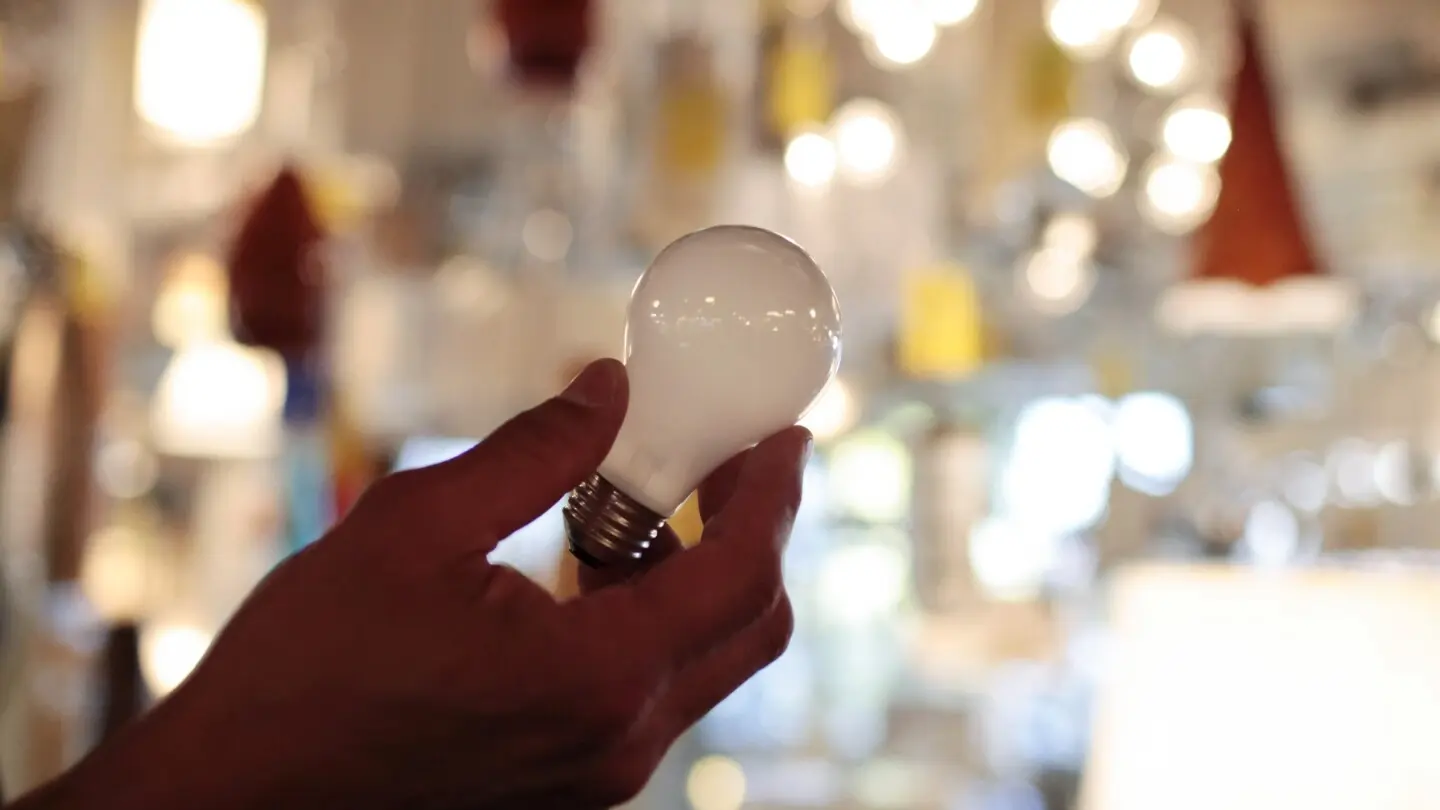
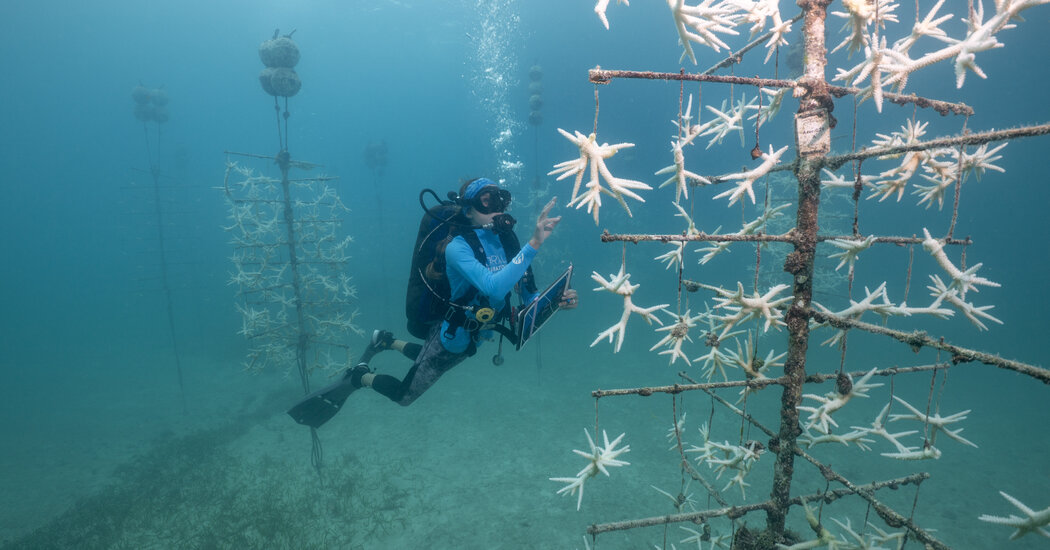
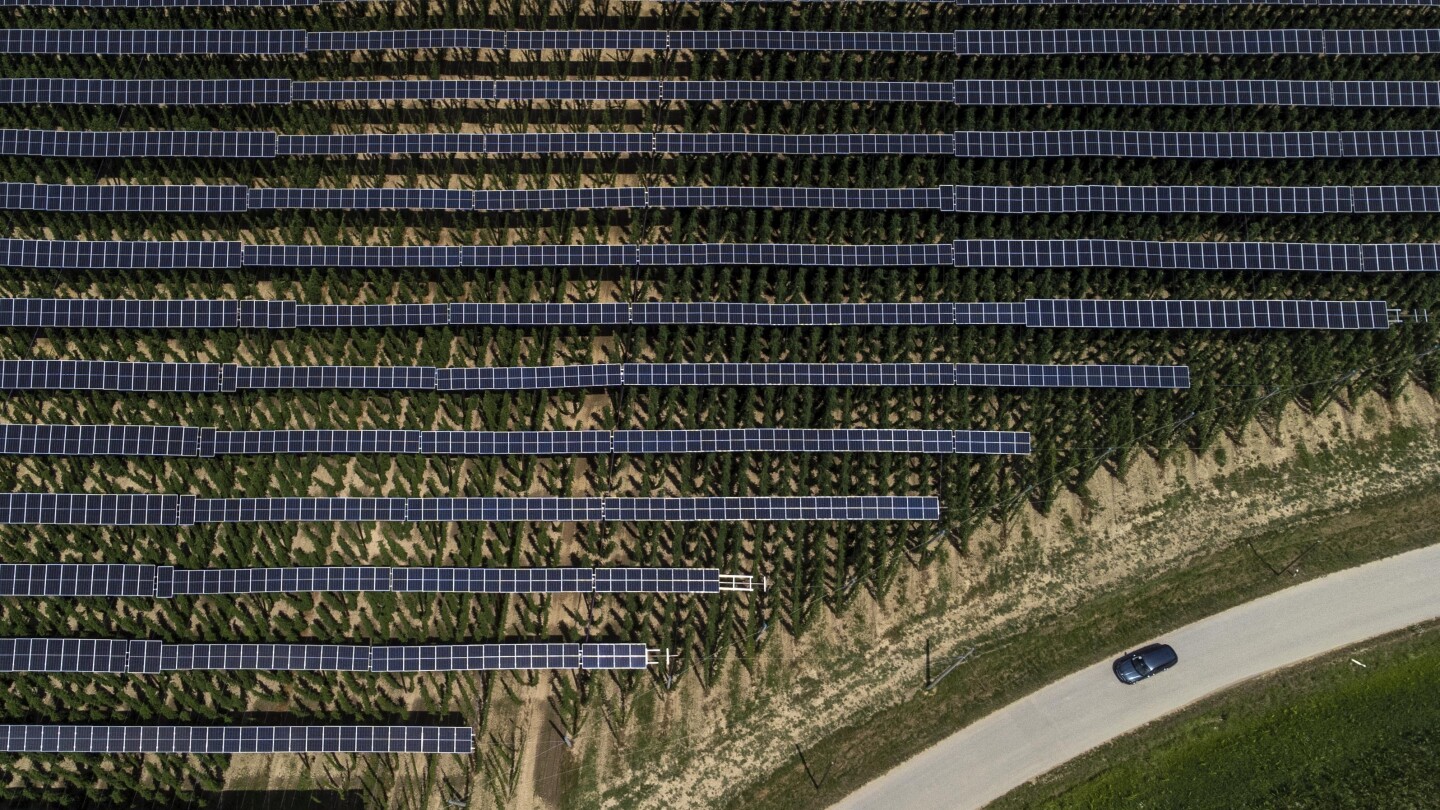

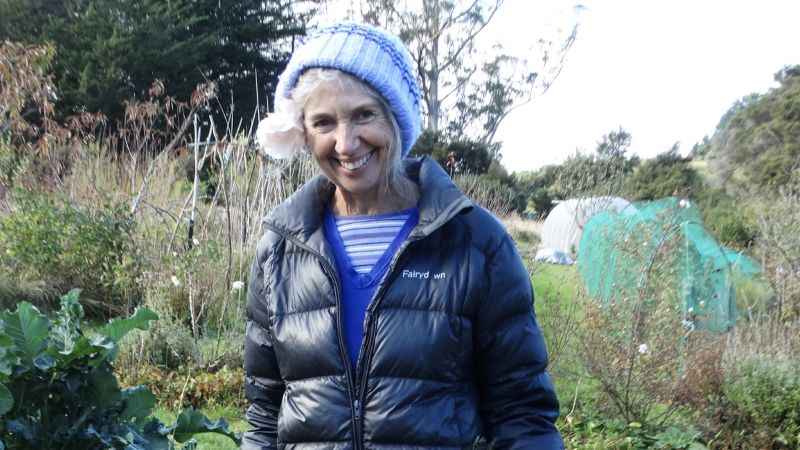
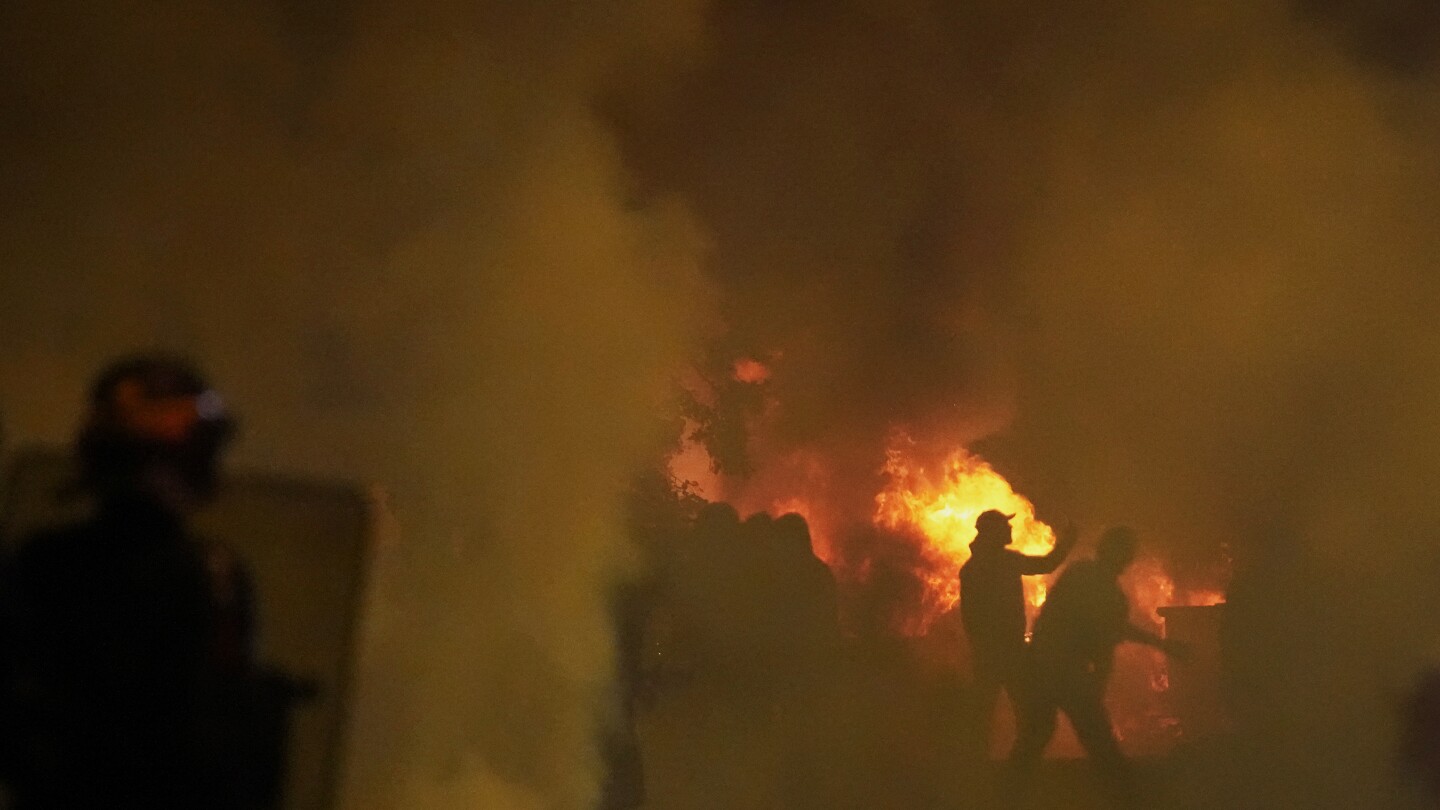
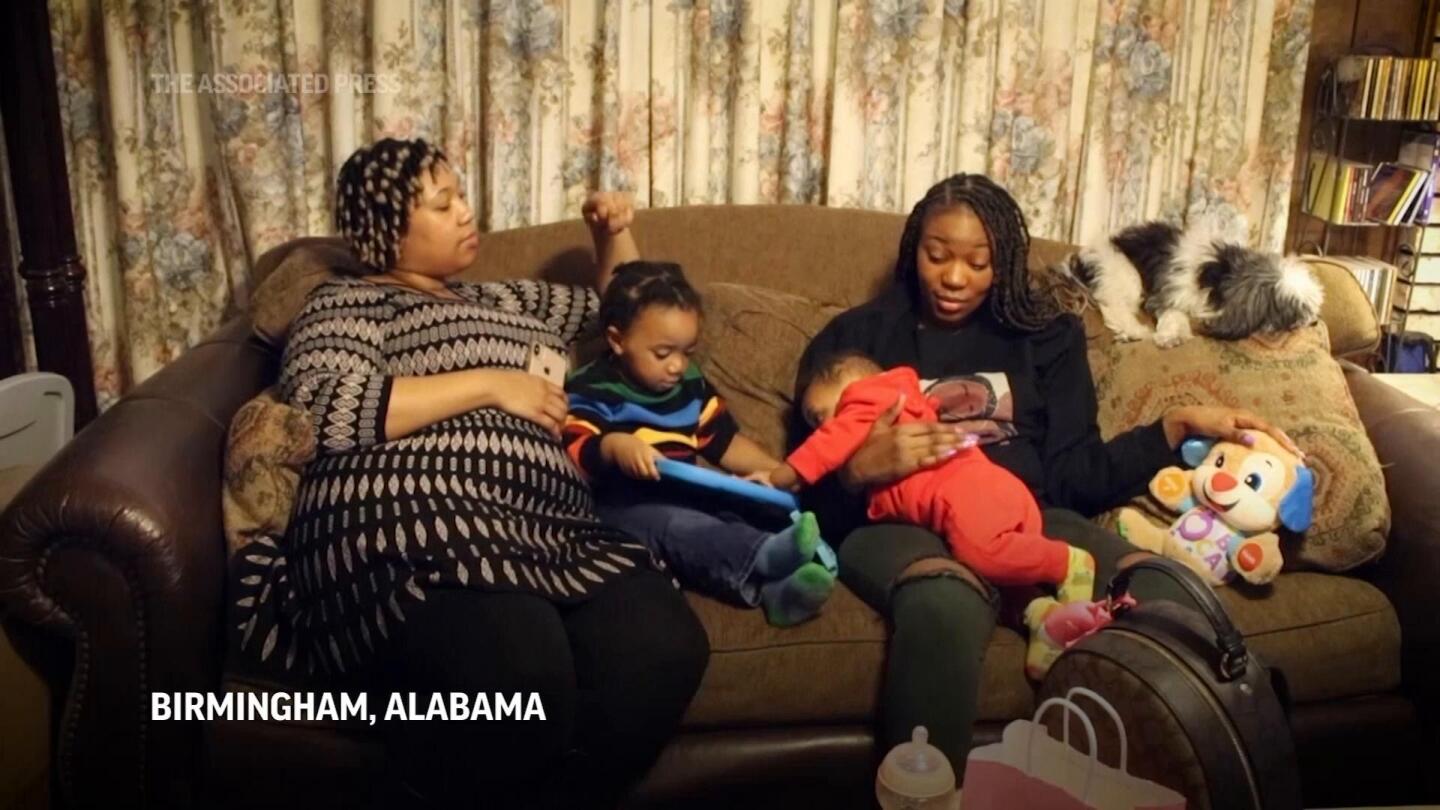
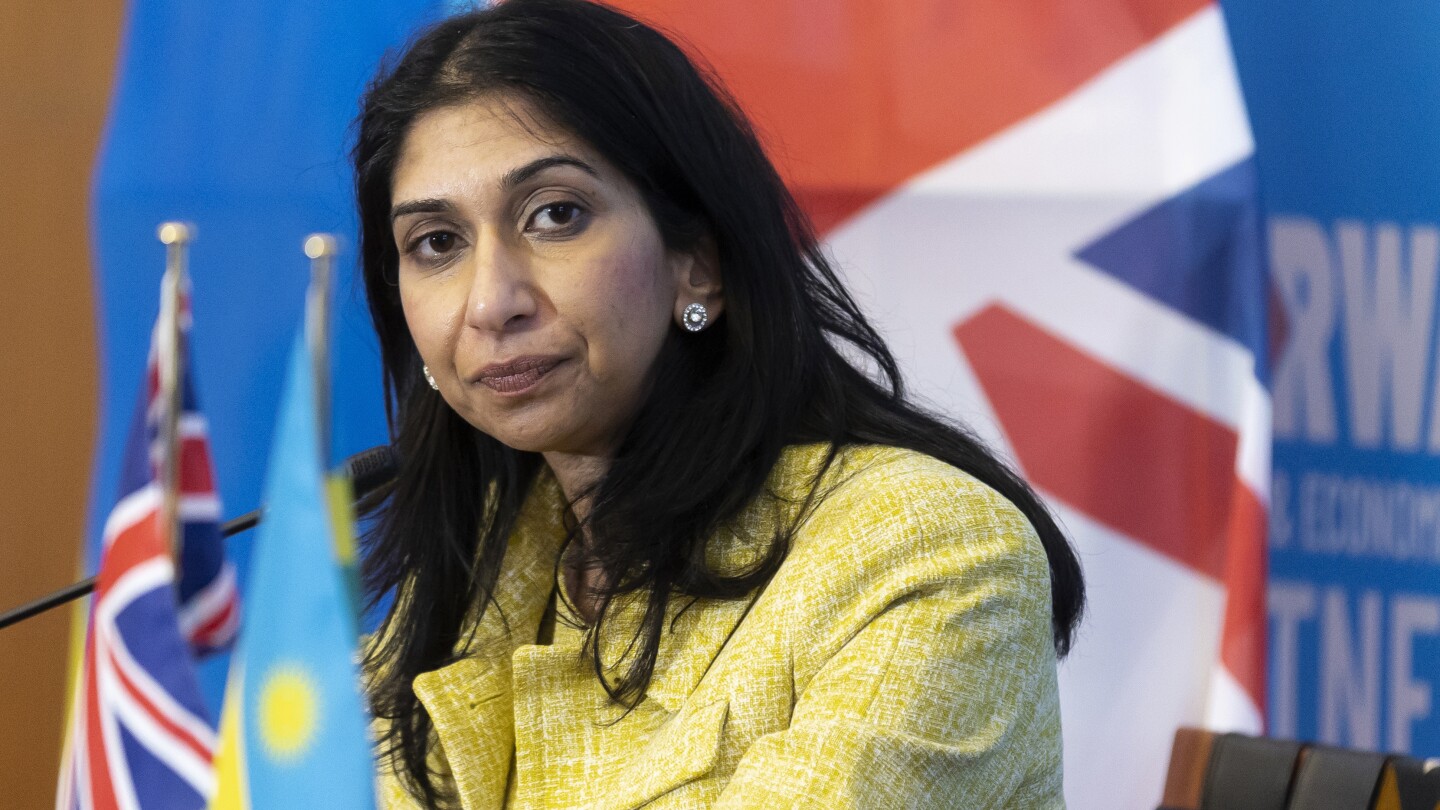
normal units like… bananas.